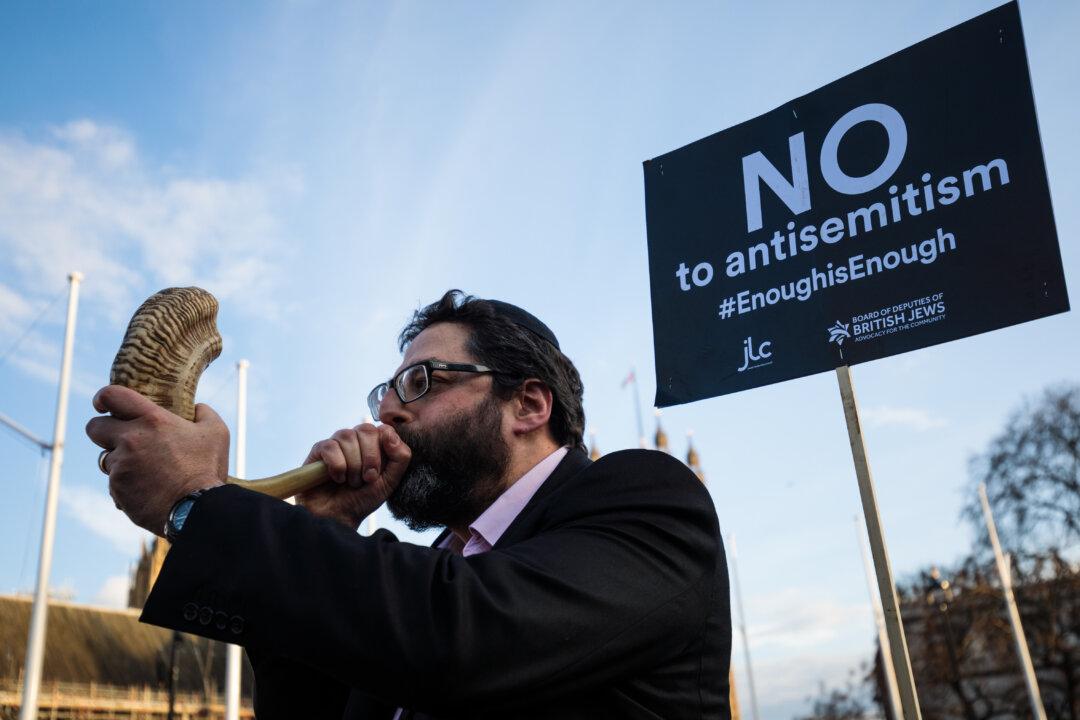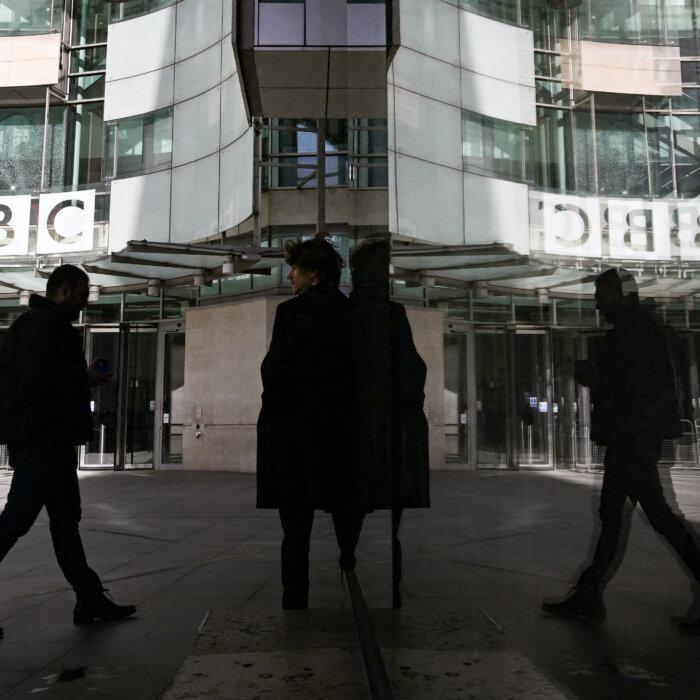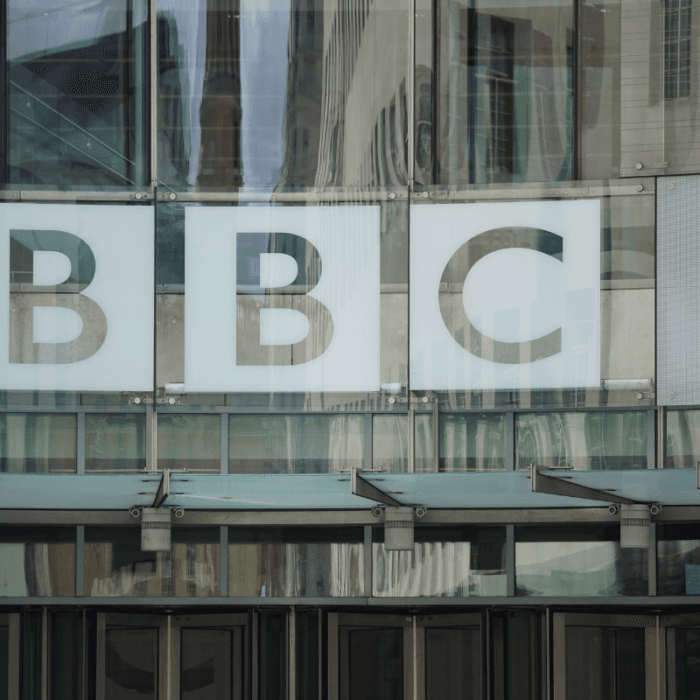The BBC has made “false and damaging claims” about Israel’s conduct in its war with Hamas, producing coverage that demonstrates lax journalistic standards and “institutional bias against Israel,” a report has stated.
Cohen, who was director between 2013 and 2015, compiled the report using research from the Committee for Accuracy in Middle East Report and Analysis and other contributors. It described one instance where a 2023 BBC report had falsely claimed an “Israeli strike” had killed “hundreds” at the Al-Ahli hospital in the Gaza Strip.
The report said that the BBC “repeating, legitimising and reinforcing entirely false claims ... directly caused unrest in some European and Middle Eastern countries, including serious arson attacks upon synagogues in Germany and Tunisia.”
The foreward, co-written by Cohen and Deech, who was governor of the broadcaster between 2002 and 2006, said that while honest mistakes can happen in the field during war, their review showed the BBC is “not merely careless in its reporting of the war in Gaza,” but that these mistakes “are almost always in the anti-Israel direction. It would not be possible to compile a similar record of anti-Palestinian errors.”
BBC Arabic
Foreign language service BBC Arabic came under fire in the review, including for platforming guests who had previously described the Oct. 7 terror attack as “necessary” and a “heroic military miracle.”“BBC Arabic was forced to purge articles from its website including one that asked whether the Kfar Aza kibbutz atrocities really happened,” the report added.
‘Institutionally Hostile’
The review recommended that the broadcaster agree to an independent inquiry into its Israel–Gaza Strip coverage and should conduct a thorough review of its recruitment policy at BBC Arabic.The Board of Deputies of British Jews, the Jewish Leadership Council, and the Community Security Trust backed the review and its recommendations, writing in an open letter that the findings provide “troubling evidence of repeated and systematic failures” by the broadcaster to meet its obligations as a leading global news brand.
The three bodies wrote that the errors detailed in the report were not academic but had real-world consequences, contributing to the “delegitimization of Israel in the public sphere, which in turn fuels anti-Jewish hatred, and has made British Jews and Jews around the world less safe and secure in their communities.”
“This has led many British Jews to conclude that the BBC has become, in practical terms, institutionally hostile to Israel, eroding trust in the institution,” they wrote.
Responding to the report, a BBC spokesperson told The Epoch Times by email: “The Israel–Gaza conflict is a polarising and difficult story to cover and we understand there are a range of views. The BBC has focused on reporting the conflict impartially, bringing audiences breaking news, insight and analysis, and reflecting all perspectives.
“While we do not recognise the overall characterisation of our journalism in this report, we will of course always look at anything raised with us with care and attention.”







